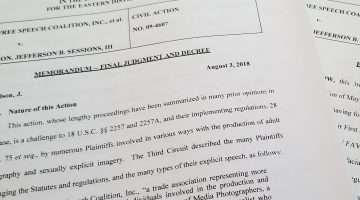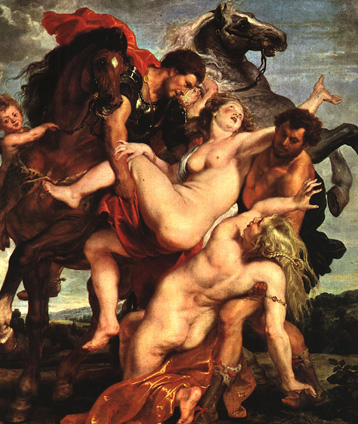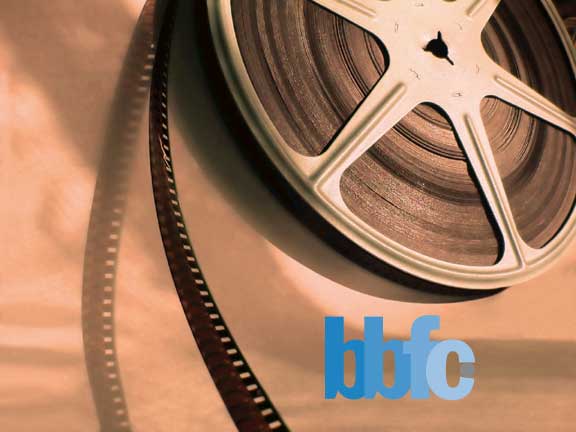 LONDON – The British Board of Film Classification, the U.K.’s equivalent of the Motion Picture Association of America, on Tuesday released new, tighter age guidelines that threaten to leave even some family fare off-limits to children.
LONDON – The British Board of Film Classification, the U.K.’s equivalent of the Motion Picture Association of America, on Tuesday released new, tighter age guidelines that threaten to leave even some family fare off-limits to children.
The BBFC revises its guidelines every four years as a result of public input. The newest revision classifies as unsuitable for viewers younger than 15 materials that include racist or discriminatory language, “crude sexual references,” and scenes that are frightening but do not show actual gore. Consequently, boxed DVD sets of the American television sitcom “Friends” lost the PG rating they have held since the 1990s.
According to London’s The Times, the new guidelines “will subtly alter the nation’s viewing habits. They always do.”
Organized in 1912, the BBFC’s decisions have helped to shape British attitudes about all aspects of culture — especially sex, violence and drugs. During its first decade, among the depictions the organization classified as prohibited were “indecorous dancing” and “men and women in bed together.” During the 1950s, the board demanded scenes of teen violence and antisocial behavior be cut from classics like Rebel Without a Cause.
However, unlike its American counterpart, the BBFC’s reliance on the larger body of society to help set policy means the organization’s mores have changed with the people’s instead of the other way around. In the 1970s, it allowed Last Tango in Paris to pass without modifications. Earlier this year, the board passed an uncut version of Lars Von Trier’s Antichrist, which contains depictions of abuse and sexual mutilation so graphic they offended audiences at the Cannes Film Festival.
Under the guidelines released Tuesday, both “Friends” and the 2005 children’s movie The Pacifier lost PG ratings because of scenes in which characters use the word “spaz.” According to the BBFC, “spaz” is offensive and discriminatory. BBFC policy head Peter Johnson said discriminatory language now is considered “a priority matter” in classification decisions.
“What the research told us was that for the public this is now as important as drugs or horror or sex,” he told The Times. “Where you have got people using terms like ‘spaz’ [short for spastic] or ‘mong’ [short for mongoloid, a reference to people with Down’s syndrome], which is quite common in American works, we have found that U.K. audiences are quite offended.”
Language alone is not enough to have movies and TV shows reclassified, however. Johnson said historical context is considered during the process. For example, the original version of the British war film The Dambusters was allowed to retain the name “Nigger” for a black labrador retriever, because the name was common for black British dogs in 1955, when the film was released. A proposed remake, however, has struggled to receive approval for the dog’s name.
Other titles that have been given provisional ratings of 12A (suitable for older children) will be restricted to viewers older than 15 if they contain verbal or visual sexual references.
“Where the tone is crude rather than cheeky we should err towards [a higher rating],” Johnson told The Times. “I would make a distinction between something like [the American comedies] Norbit or Meet the Spartans [which children would be prohibited from viewing] and something like the Austin Powers films, which are likely to be a 12A.”
Other materials likely to be reclassified into higher categories include the supernatural film The Others (for frequent “disturbing sequences,” though no actual horror is depicted), Date Movie (for frequent crude references to sex) and Pilgrimage to Lourdes (for drug references).









No Comment